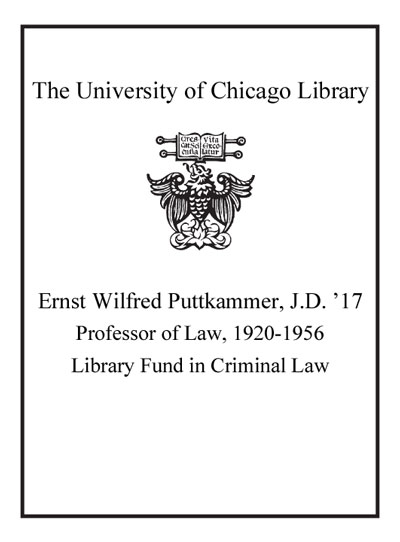| Summary: | "Focusing squarely on the relationship between prosecutors and democracy, this volume throws light on key questions about prosecutors and what role they should play in a democracy. Internationally distinguished scholars discuss how prosecutors can strengthen democracy, how they can undermine it, and why it has proven so challenging to hold prosecutors accountable while insulating them from politics. Drawing on experiences from the United States, the UK and continental Europe, the contributors show how different legal systems have addressed that challenge in very different ways. Comparing and contrasting those strategies allows us to assess their relative strengths - and to gain a richer understanding of the contested connections between law and democratic politics. Chapters are in explicit conversation with each other, showing how each author's perspective informs, or differs from, that of the others. This is an ideal resource for legal scholars and reformers, political philosophers, and social scientists"--
"There is no space here to spell out a detailed account of a democratic republic: I can say that the conception on which I rely is of a participatory, deliberative democracy that takes an inclusionary attitude towards its members (although the account I will offer of a prosecutor's role should also be congenial to other conceptions of democracy) - but that is just to mention a set of slogans, each of which requires unpacking. However, I can highlight some presently relevant features by commenting briefly on two slogans: 'equal concern and respect', and 'the eyeball test'"--
|
|---|

